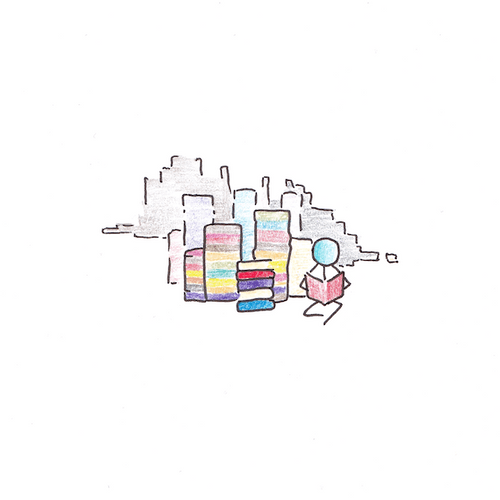How I Do Research | Scott H Young
Curated from: scotthyoung.com
Ideas, facts & insights covering these topics:
6 ideas
·3.6K reads
9
Explore the World's Best Ideas
Join today and uncover 100+ curated journeys from 50+ topics. Unlock access to our mobile app with extensive features.
Research is open-ended
There's always something more to read that can potentially give you more insight. There is seldom a point that will tell you you're done.
Because research is open-ended, it can be hard to keep up It is helpful to decide upfront how much time you want to commit to research. Also, ensure making the end goal something about the information, such as writing an essay or report.
236
2.13K reads
Beginning research: Keywords and key works
Once you know the topic, find the expert vocabulary for your topic. Experts use precise words. They have chosen words carefully to point out minor distinctions in ideas.
Wikipedia is a good starting point to find the ordinary language that points to expert concepts. Type your idea in Wikipedia as you see it, then note the words used by experts. Then use these keywords to identify key works.
169
353 reads
Literature review, meta-analysis and textbooks
Once you've found the keywords and some main papers or authors everybody cites on the topic, try to find reviews.
- Literature reviews qualitatively review all the papers on a topic.
- Meta-analyses try to collect effects from multiple papers to give a quantitative answer.
- Textbooks are used to present the field the way experts want a beginner to learn about it.
It can be helpful to type a keyword with the words "review" or "meta-analysis" in Google Scholar. For textbooks, type a keyword in Amazon and limit the search for textbooks.
169
253 reads
Follow the citation trails
Once you gained some understanding in a field, follow citation trails. There will often be dozens of other papers cited and can result in an extensive reading list. Thus it is helpful to limit yourself to the few most promising ones.
Citations need two factors: frequency and relevance. Works cited more often are more central to a topic. To ensure that you don't spend too much time going down rabbit holes, aim for breadth-first.
159
221 reads
How to read research
A classic problem in research is to forget what you've read or where you've read it. Some people use Zettlekasten, a sophisticated note-taking system.
Another system is Caplan's approach, where you highlight the sections you may need to revisit later. Then make a new document that will contain your notes and quotes as well as your summary of the work. The goal is to have a map of the area, so you know where to find it again.
177
353 reads
Helpful tools for research
- Sci-Hub is helpful to get access to papers. Alternatively, emailing authors can give you access to papers, but it tends to slow reading down.
- Google Books can help you find specifics in a particular book.
- Map out the main arguments and players.
- Don't be hesitant to take courses first. It will provide a background on the topic.
- Experts are very willing to talk to you.
168
294 reads
IDEAS CURATED BY
Waylon X.'s ideas are part of this journey:
Learn more about problemsolving with this collection
How to overcome fear of rejection
How to embrace vulnerability
Why vulnerability is important for personal growth
Related collections
Similar ideas
6 ideas
How I Do Research | Scott H Young
scotthyoung.com
10 ideas
10 Ways You Can Use ChatGPT to Learn Better - Scott H Young
scotthyoung.com
8 ideas
How To Read Scientific Papers
towardsdatascience.com
Read & Learn
20x Faster
without
deepstash
with
deepstash
with
deepstash
Personalized microlearning
—
100+ Learning Journeys
—
Access to 200,000+ ideas
—
Access to the mobile app
—
Unlimited idea saving
—
—
Unlimited history
—
—
Unlimited listening to ideas
—
—
Downloading & offline access
—
—
Supercharge your mind with one idea per day
Enter your email and spend 1 minute every day to learn something new.
I agree to receive email updates

